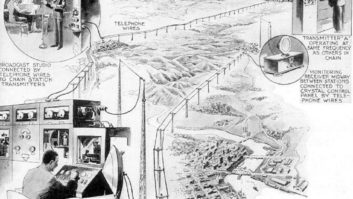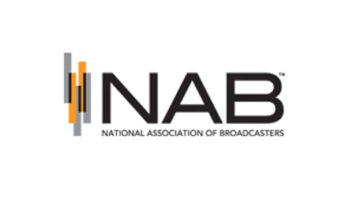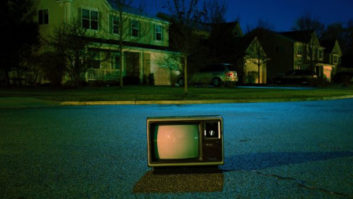New multiple ownership rules adopted
Aug 1, 2003 12:00 PM, By Harry Martin
Twenty months and 500,000 comments later, the FCC, by a 3-2 vote along party lines, adopted its new media ownership rules on June 2, 2003. The Commission acted in response to court decisions and biennial reviews of all such rules mandated by Congress.
The Commission modified its Local Radio Multiple Ownership rule to adopt a new method for determining the relevant �radio market� based on Arbitron’s market definitions. Under the current rule, the Commission includes all stations whose city-grade signal contours overlap with the city-grade signal contours of stations that are to be commonly owned. Since 1997, parties have complained that this contour-based rule leads to anomalous results permitting one party to control most, if not all, of the stations in a local market.
The Commission will now consider a radio station to be in a particular market if it is (a) licensed to a community in the Arbitron �home� market or (b) considered �home� to the market, even if licensed to a community in some other market. The Commission will include noncommercial stations in the calculation of how many stations are in any particular market.
For those markets not rated by Arbitron, the FCC will define markets by means comparable to Arbitron markets. In the meantime, for cases involving such non-Arbitron-rated markets, the FCC will apply a modified contour overlap method. Under the modified method, the FCC will exclude from the market any radio station whose transmitter site is more than 92 kilometers (58 miles) from the perimeter of the mutual overlap area.
The Commission also eliminated the Radio-Television and the Broadcast-Newspaper Cross-Ownership Rules for markets with more than nine TV stations. In markets with between four and eight TV stations, combinations are limited to one of the following:
- A daily newspaper; one TV station; and up to half of the radio station limit for that market (i.e., if the radio limit in the market is six, the company can own no more than three) or
- A daily newspaper; and up to the radio station limit for that market; (i.e. no TV stations) or
- Two TV stations (if permissible under local TV ownership rule) and up to the radio station limit for that market (i.e. no daily newspapers).
For those markets with three or fewer TV stations, no cross-ownership is permitted among TV, radio and newspapers. The Commission will consider a waiver request if the parties can demonstrate that the TV station does not serve the area served by the proposed acquisition (i.e., the radio station or the newspaper).
The Commission will permit the assignment of commonly-owned radio stations in violation of the new rules if the proposed acquiring party is a �small business,� i.e., one having $6 million or less in annual revenues.
Already, efforts are being made on Capitol Hill to pass legislation that would reverse or substantially cut back on the new rules, although the new market definition is more re-regulatory than deregulatory � and, of course, there is also the prospect of possible judicial reversal at some point down the line, once the new rules are appealed. The new rules discriminate against mid-sized radio station consolidators, and some larger ones, who now will be prevented from reaching the same station ownership levels in local markets that their competitors already have. And the large incumbents’ holdings that exceed the new rules are grandfathered.
Reg fee post-card audits
The Commission recently completed its postcard data correction program for 2003 broadcast regulatory fees. The postcards, sent to licensees or their representatives in May through June, are designed to make sure that the FCC’s records for the station are correct so that the Commission can accurately assess regulatory fees.
If the information included is correct, the licensee need not take any further action. If any item is incorrect, the licensee should send a letter with the corrections by fax to Rob Fream, FCC, Washington, DC, at 202-418-0521.
Martin is an attorney with Fletcher, Heald & Hildreth, PLC., Arlington, VA. E-mail[email protected].
Dateline:
Stations in Alaska, Florida, Hawaii, Iowa, Missouri, Oregon, the Pacific Islands, Puerto Rico, the Virgin Islands and Washington must file their biennial ownership reports by Oct. 1, 2003, and, also by Oct. 1, place their annual EEO reports in their public files and on their websites.












